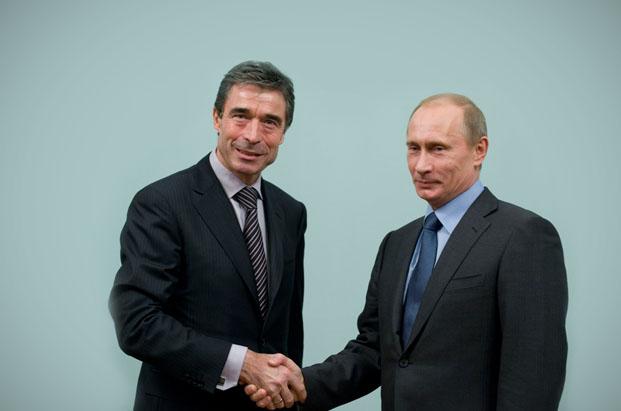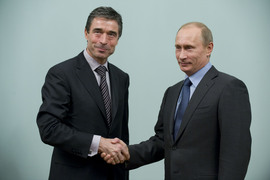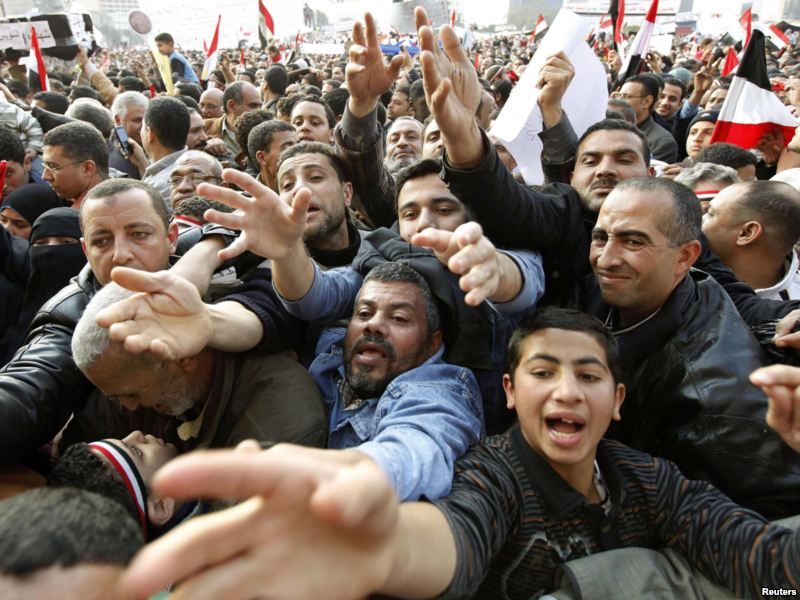For the last few weeks, press coverage of Russian relations with the West has focused on the Ukrainian “Euromaiden” protests that erupted in late November after the Ukrainian government suspended preparations for an Association Agreement and a Free Trade Agreement with the EU, which would have been a clear step towards European integration. The move was largely seen as having been caused by Russian pressure, which is also trying to establish a Customs Union with Ukraine and Kazakhstan, both countries that it considers to be a part of its sphere of influence.
The official responses from both sides were entirely predictable. NATO foreign ministers released a statement condemning the Ukrainian authorities’ crackdown on the protests and urging the government to engage in a dialogue process with the opposition.
Russian Foreign Minister Sergei Lavrov on the other hand urged outside parties not to interfere, stressing violence perpetrated by protestors and denounced NATO’s statements on the Ukrainian situation.
What may have been lost under these opposing statements is that they were both made on the sidelines of a meeting of the NATO-Russia Council on December 4th. The NATO-Russia Council, established in 2002, is the formal basis for NATO-Russia relations, providing a forum for cooperation, consultation and joint actions between the Alliance and Russia. Representatives from the 29 member countries had gathered in Brussels to discuss current issues in international security.
Indeed, apart from the Ukrainian issue, relations between NATO and Russia are not at all bad at the moment. On a large range of crucial security issues, fruitful cooperation has been possible.
NATO Secretary General Anders Fogh Rasmussen took the opportunity at the summit to highlight Russia’s part in the efforts to remove chemical weapons from Syria, as well as mentioning the constructive role Russia has been playing in efforts to combat drug trafficking, terrorism and piracy in cooperation with NATO.
In addition, German Foreign Minister Guido Westerwelle praised Russia for its role in the negotiations over Iran’s nuclear program, an issue of critical importance to NATO. Westerwelle went on to stress that none of the central issues in European security could be solved in opposition to, but only in dialogue with Russia.
Perhaps more substantively, the NATO-Russia Council (NRC) Foreign Ministers launched a significant new project at the summit- an NRC Trust Fund to dispose of excess ammunition, a pilot project that will take place in Kaliningrad, Russia. In cooperation with each other, the NRC countries will pool their resources to destroy aging and superfluous ammunition in a safe and environmentally friendly manner. Excess ammunition poses a very clear security risk, and any cooperative venture undertaken to tackle this issue should be lauded.
It is clear that NATO countries and Russia do not have the same interests and strategic priorities in all areas. In the current Ukrainian situation, the strategic interests are clearly divided. However, this should not impede cooperation in areas where and when it is possible. Working through the NRC, NATO and Russia should be able to cooperate on issues ranging from terrorism and non-proliferation to civil emergency planning. Diverging interests on specific issues should not impede broadly cooperation, and this past NRC summit has proven that once again.




